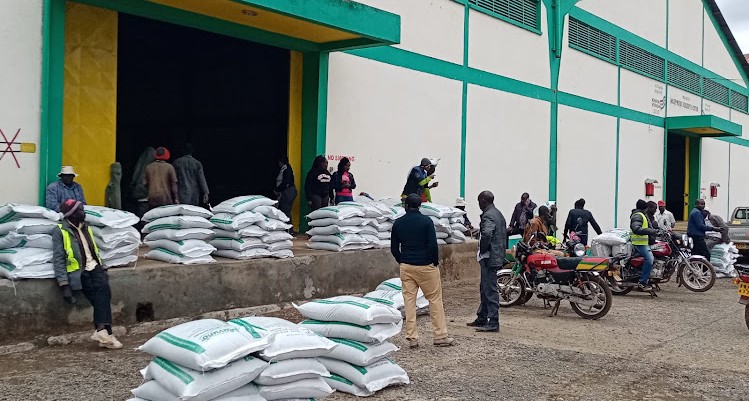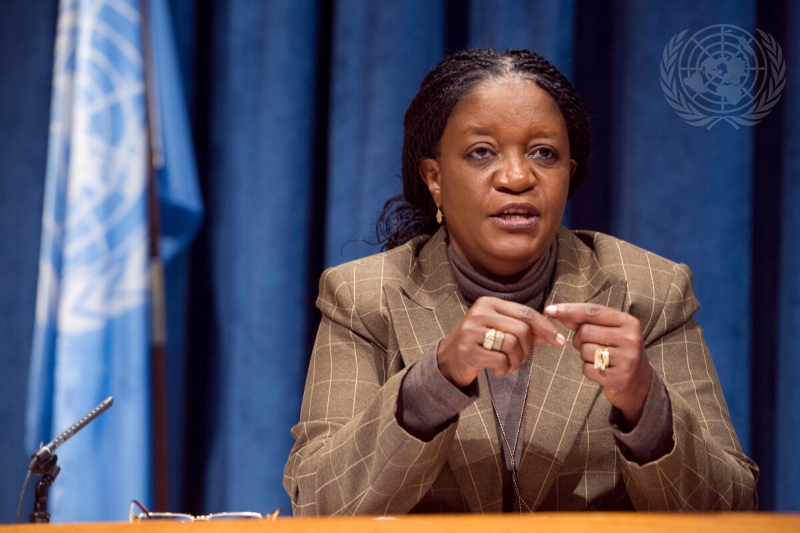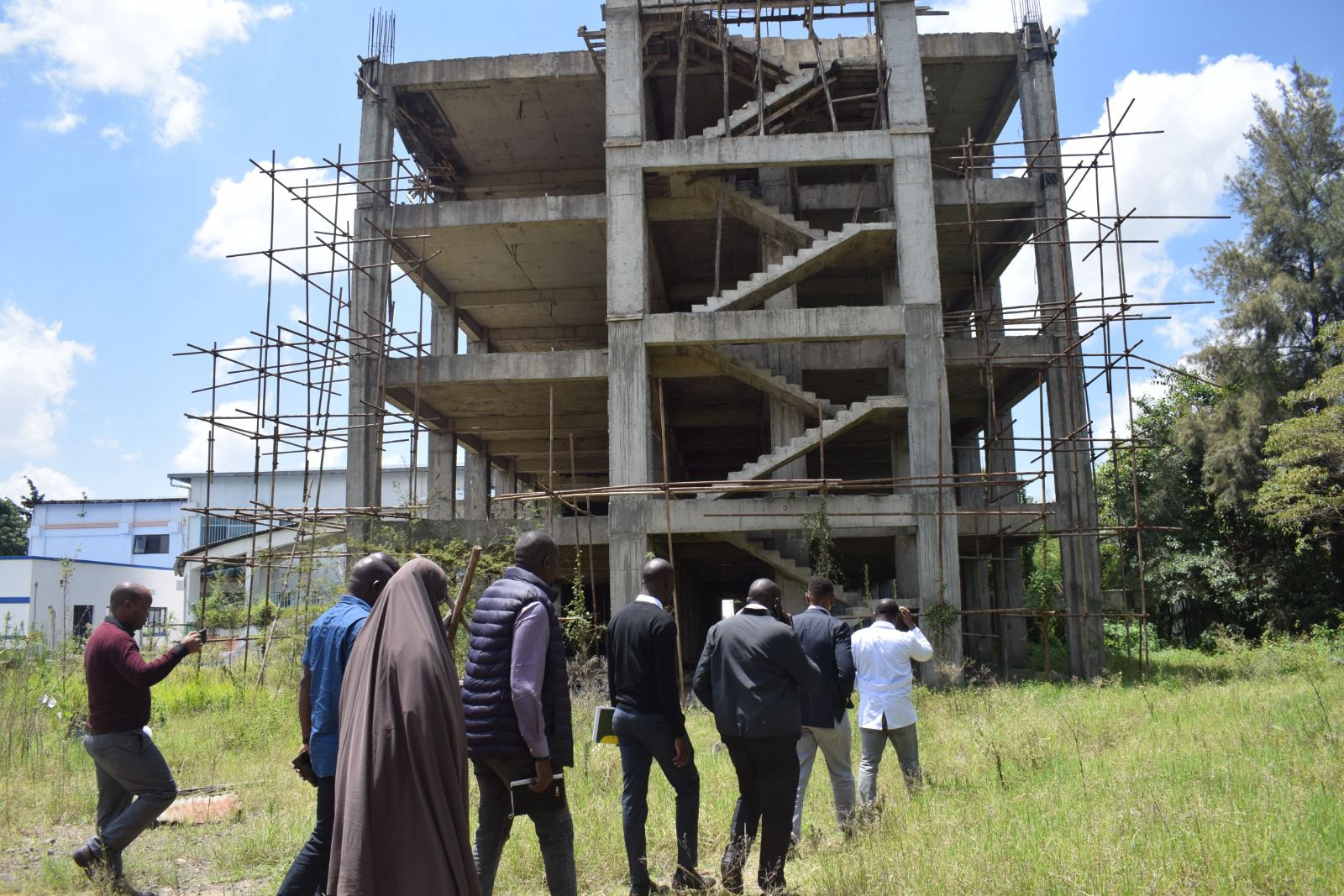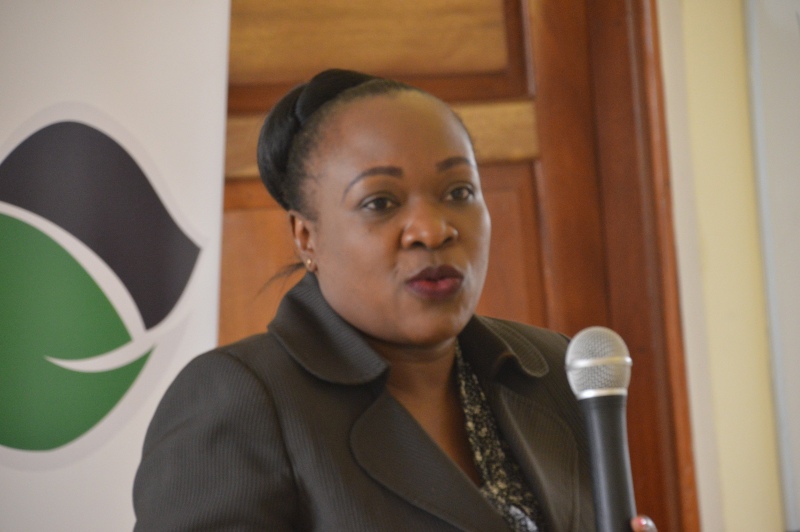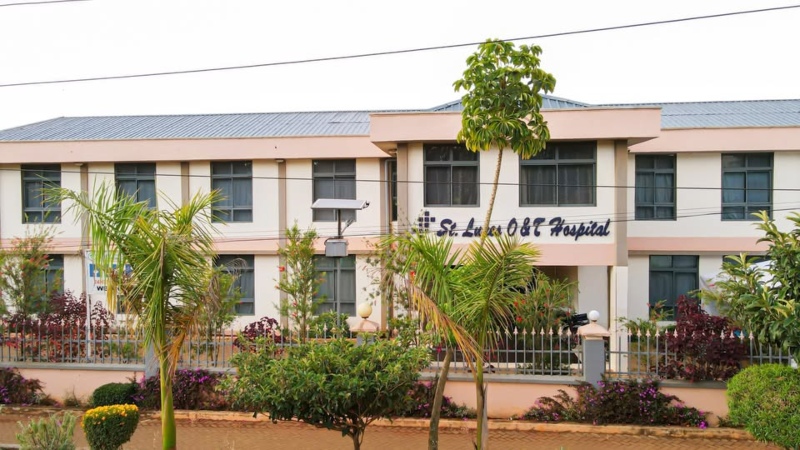Culture change pays off as Tana River records decline in FGM cases

Since the county launched the Anti-FGM Action Plan back in 2022, the county has recorded a drop in prevalence from 94% to 62%.
The prevalence of Female Genital Mutilation (FGM) in Tana River has dropped from 94 per cent to 62 per cent since the launch of the Anti-FGM campaign in 2022, the county's Department of Gender has revealed.
Speaking on Tuesday during the Anti-FGM celebrations held in Minjila Tana River, the Tana River Gender Director Aggrey Nyangweso said the county aims to hit the target of 15 per cent by 2025.
More To Read
- UN report: Gains in ending FGM at risk unless Kenya scales up action
- ‘The silence must end': Women senators lead bold campaign against GBV in Mandera
- Sh940m for sanitary towels as state ups GBV, FGM and women empowerment funding
- Cheptumo credits male champions, religious leaders for FGM fight progress, urges sustained partnerships
- Girls in vulnerable communities at risk as state slashes budget for sanitary towels, anti-FGM programmes
- How climate change fuels rise in gender-based violence in Garissa
“The prevalence of FGM was high. Five communities practise FGM while in other cases almost every family member was performing the cut. Only three communities from Tana River are not practising FGM,” said Nyangweso.
He notes since the county launched the Anti-FGM Action Plan back in 2022, they have recorded a drop in cases.
“We aim to ensure FGM reduces and be at par with the country’s target of 15 per cent by 2025,” Nyangweso said.
Gender Officer Millicent Ondiek noted the significant drop was a result of the community starting to understand the negative effects of FGM.
The Brighter Society Initiative CEO Sadia Hussein spoke of the challenges in the war against the cut noting there was a time she was called out for campaigning against FGM.
“When we started the Anti-FGM movement people were angry at me, today I am happy people are embracing the idea and standing with us in fighting FGM,” she said.
Misinformation
According to Sadia, a number of those who take the anti-FGM message to the villages misrepresent the information.
“I say this because I am a victim of FGM and I feel bad when people understand differently thinking we are only fighting culture. We want to embrace the traditions but at the same time get rid of misinformation,” said Sadia, adding that she would not want anyone to experience the same pain she underwent.
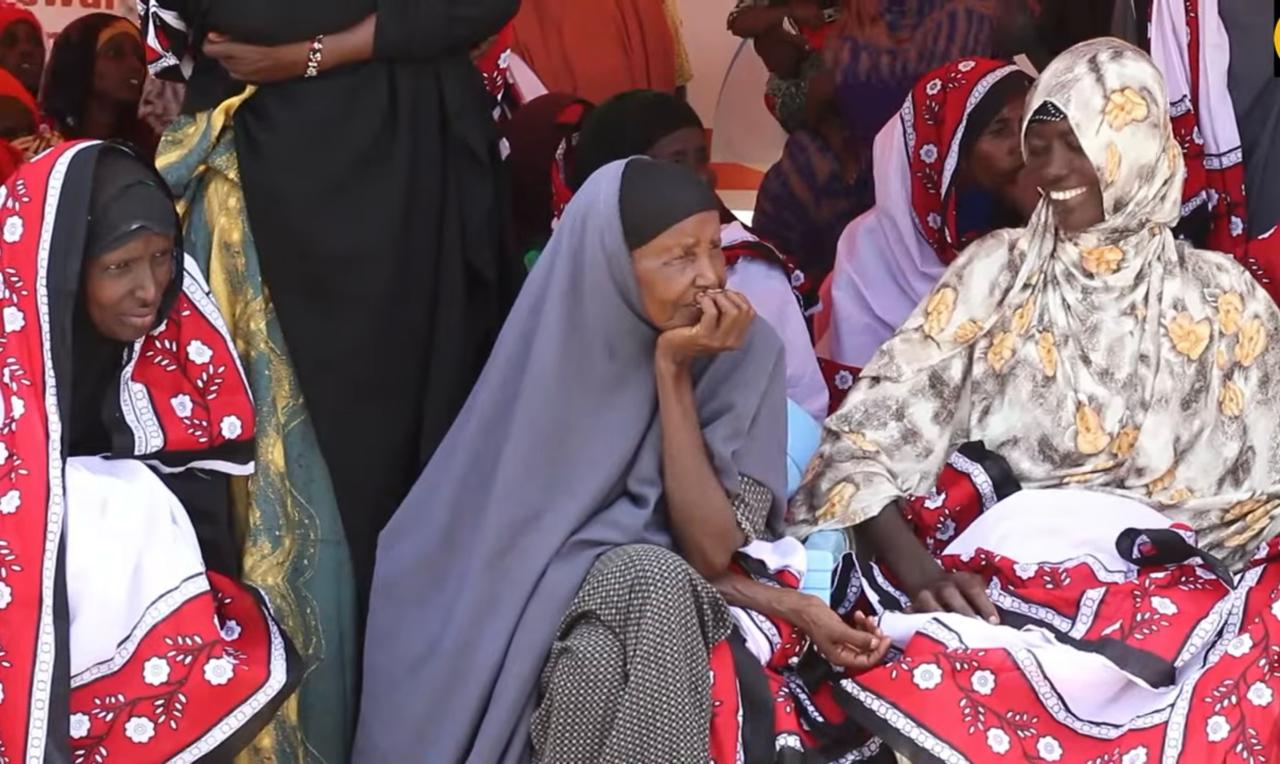 Residents during the Anti-FGM celebrations in Tana River County on February 6, 2024.
Residents during the Anti-FGM celebrations in Tana River County on February 6, 2024.
Amina Fondo of Moving the Goalposts said the majority of Tana River residents have started embracing the Anti-FGM idea.
“We are glad that the same people who were conducting the cut are the ones now fighting it. This is important because they have also shown they can lead from the front, and they are reporting the cases as well,” said Amina.
She raised concerns that the few who are reluctant are now moving their daughters to other counties for the cut.
Amina said they do this under the guise of taking their daughters to visit their grandparents.
She said they are working on a way to start engaging the community and students during holidays to keep them occupied.
The Executive Director of MenEndFGM Foundation, Tony Mwebia notes that cross-border FGM is an emerging trend in the country which together with other partners is working to stabilise it.
“In the Coast region, we have trained about 20 elders who now are FGM champions specifically in the Garsen area. We do not have a continuing project since our main focus is in Northern parts of the country,” says Mwebia.
Top Stories Today

